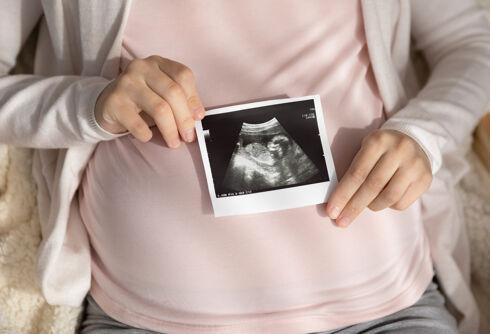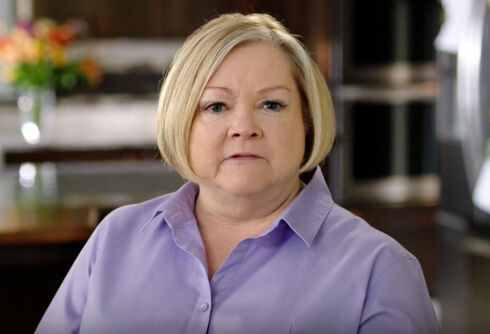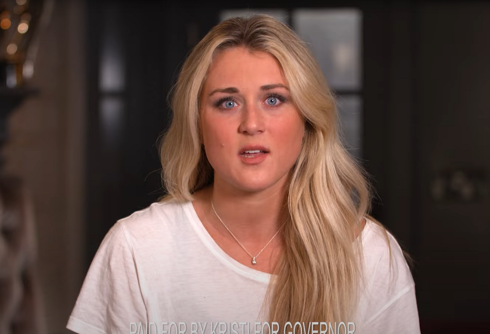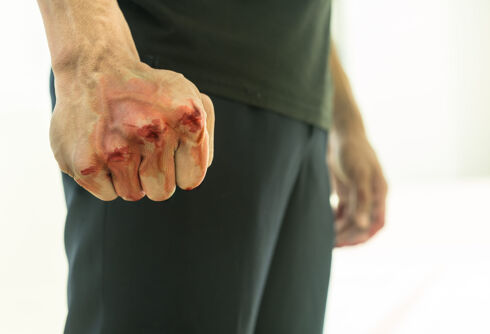Updated: 4:15 p.m. PST
SAN FRANCISCO — A federal appeals court ruled Tuesday that potential jurors may not be removed from a trial during jury selection solely because of sexual orientation, extending to gays and lesbians a civil right that the U.S. Supreme Court has previously promised only women and racial minorities.
 A unanimous three-judge panel of the 9th U.S. Circuit Court of Appeals held that striking someone from a jury pool because he or she is gay constitutes unlawful discrimination.
A unanimous three-judge panel of the 9th U.S. Circuit Court of Appeals held that striking someone from a jury pool because he or she is gay constitutes unlawful discrimination.
Its 39-page decision came in an antitrust and contract dispute between two rival drug companies over the price of a popular AIDS drug.
Never Miss a Beat
Subscribe to our newsletter to stay ahead of the latest LGBTQ+ political news and insights.
A lawyer for Abbott Laboratories used one of his allotted preemptory challenges to remove a potential juror who had referred to a male partner and having friends with AIDS during questioning. The jury that was eventually seated mostly ruled in favor of Abbott.
Because the gay juror was taken off the case without justification, the 9th Ci rcuit reversed the 2011 verdict and ordered a new trial.
“Permitting a strike based on sexual orientation would send the false message that gays and lesbians could not be trusted to reason fairly on issues of great import to the community or the nation,” Judge Stephen Reinhardt wrote for the panel. “Strikes based on preconceived notions of the identities, preferences, and biases of gays and lesbians reinforce and perpetuate these stereotypes.”
The U.S. Supreme Court prohibits lawyers from removing jurors based only on their race and gender and requires them to provide a neutral reason why they are eliminating someone if an opposing lawyer questions the move. But the high court has never ruled on whether those protections apply to sexual orientation.
However, the 9th Circuit panel cited the Supreme Court’s decision last June that struck down part of the federal law that prevented the government from recognizing same-sex marriages as the basis for its finding that booting people off juries just because they are gay is unconstitutional. The Supreme Court’s recent opinion “refuses to tolerate the imposition of a second-class status on gays and lesbians,” Reinhardt said.
Abbott has spun off its drug-research activities into a new company called AbbVie that now has responsibility for the litigation. AbbVie spokeswoman Adelle Infante said the company is reviewing Tuesday’s opinion and evaluating its options, which could include asking the Supreme Court if the 9th Circuit properly interpreted its ruling.
D’Arcy Kemnitz, executive director of the National LGBT Bar Association, applauded Tuesday’s decision, saying that jury participation is a critical element of full citizenship.
“Excluding jurors based on their sexual orientation and gender identity denies countless individuals a jury of their peers,” Kemnitz said.
The case arose from a lawsuit SmithKline Beecham filed in 2007 after Abbott hiked the price of Norvir, a drug that SmithKline used in its AIDS cocktail under a licensing agreement.
Both during jury selection and in its argument before the 9th Circuit Court, SmithKline argued the unnamed juror was taken off the jury because of the widespread negative publicity that the price hike received in the gay community.
Abbott denied the allegation and said it had several reasons to remove the potential juror, which included his having a friend dying of AIDS.
This material may not be published, broadcast, rewritten, or redistributed.













